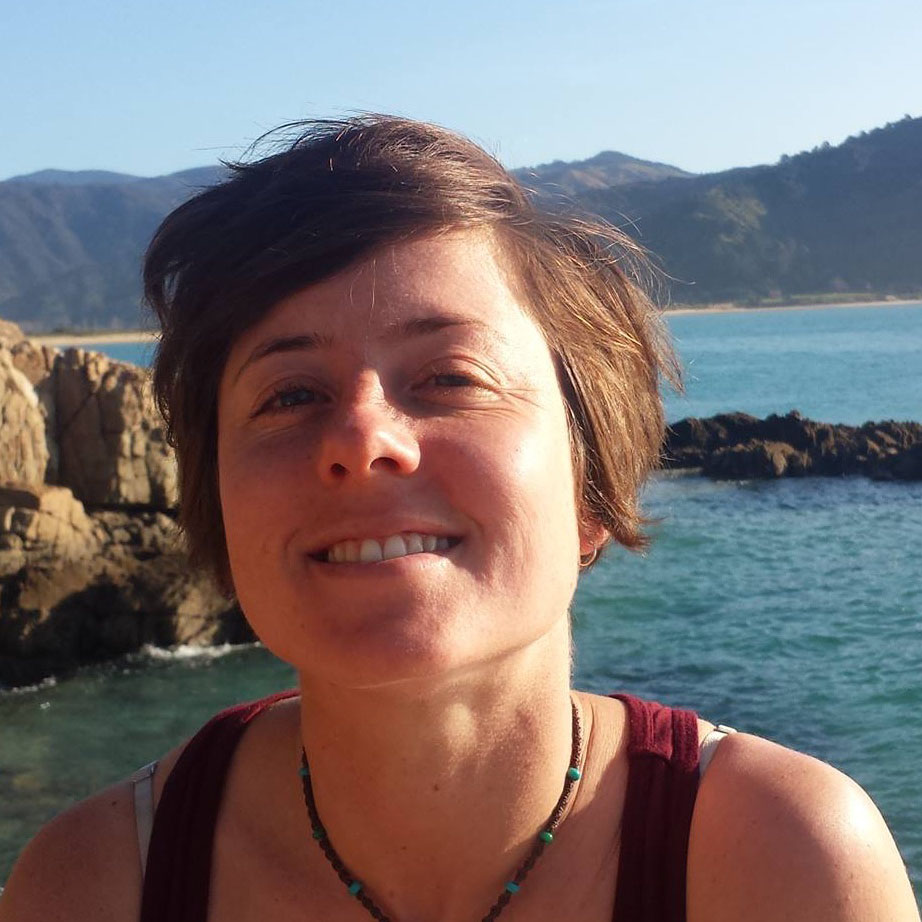Oil palm landscapes: Playing the long game with palm oil
This article is the third in a four-part series on a global study on Oil Palm Adaptive Landscapes.
It might come as a surprise to see suited Cameroonian government officials poring over glass marbles, scorecards and stacks of play money in the middle of a regular workday.
But the game they’re playing has a serious purpose.
Palm oil has long been used locally in cooking and personal care products, and more recently as a biodiesel feedstock. In colonial times, the oil and kernels were among the country’s most valuable export goods.
However, because of various supply chain issues, Cameroon is no longer self-sufficient and increasingly relies on imports from Indonesia, Malaysia and neighboring Gabon.
“You can see idle industrial mills and, at the same time, rotting fresh-fruit bunches on the roadsides,” says ETH Zurich/CIRAD scientist, Claude Garcia.
The Oil Palm Adaptive Landscape (OPAL) project, which began in 2015 and will span six years, aims to improve the management of oil palm landscapes in Cameroon, Colombia and Indonesia.
The project represents a partnership between Swiss university ETH Zurich, the Center for International Forestry Research (CIFOR), and a number of international NGOs and country partners – in Cameroon, this includes the World Wide Fund for Nature Cameroon (WWF Cameroon) and the Ministry of Agriculture and Rural Development (MINADER).
The OPAL project in Cameroon, building largely on earlier CIFOR research, has focused on uncovering inefficiencies in the oil-palm value chain. The system is complex, and decisions are made at all levels, with far-reaching and often-unforeseen consequences for other people, the economy and the environment.
“If you’re an official and you’re always in the office,” says Micresse Kamto, one of the Cameroon-based game facilitators, “it’s really hard to understand the struggles that smallholders encounter in the field,” so even the best-intentioned policies and strategies can decidedly miss the mark, he says.
Taking a Companion Modeling approach, OPAL workshops help stakeholders explore possible future scenarios for oil palm production, and to better understand different parties’ decision-making and behavior, using role-play games that get participants to ‘walk a mile in each other’s shoes’.
The results are impressive. “After one game, people with 25 years’ experience in the field will stop, look at you and say: ‘Now I see things differently,’” says Garcia.
“And that’s very, very powerful, and I don’t know of any other way to create that – no policy brief, no PowerPoint presentation, no report is going to have that kind of impact. It’s only a mock-up experience, but it’s much better than anything else.”
If you’re an official and you’re always in the office, it’s really hard to understand the struggles that smallholders encounter in the field

UNCOMFORTABLE TRUTHS
The first Cameroonian workshops, in 2015, brought smallholders together with representatives of industry, government and civil society to develop the game with the research team. Once the game was running, they would spend a day at a time playing out different scenarios for oil palm expansion, using it as a tool to reflect local realities.
Government officials were ascribed the role of smallholders, and experienced the cash-flow and time-pressure challenges that form part of these people’s everyday lives. The impact was immediate: “When they run out of time to get their fruit to the mill and it rots, some of them get really angry!” laughs Kamto.
Suddenly, smallholders’ decisions to sell their fruit to the local ‘artisanal’ mills, which are much less efficient but often offer better prices and quicker payments than the larger industrial ones, made sense.
“You’re in a situation where you’re under pressure to make ends meet at the end of the month, and the industrial mill is far away so you need to organize delivery, and they pay you with a contract so you only get your cash later on,” explains Garcia.
Smallholders also found the experience useful, as while ‘playing themselves’ in the game, they began to see the value of practices like forming cooperatives to pool costs and labor, says Kamto.
“Usually, in the localities, smallholders work alone. But during the game they realized it would be cheaper to band together and rent a big truck to take all the fruit to the mill at once. And then only one person has to go, and the rest can stay home and keep working.”
It also provided a rare opportunity for smallholders to have a real dialogue with representatives of the agro-industries, she says. “They usually don’t get the chance to do that, as they spend all of their time in the field — and the agro-industries are not often very approachable for smallholders, either.”
As well as providing a helpful way to sketch out future scenarios and look at the bigger picture, the process prompted behavior change among participants, right from the outset. When the research team returned to some sites three months after the game session, they found that industry representatives were calling meetings with smallholders grouped in cooperatives, and changing practices to fit with local realities.
“We’re seeing cash being paid instead of promissory notes, and new forms of contracts being negotiated,” says Garcia. “That’s change, right? That’s change happening through the game.”
During the game [smallholders] realized it would be cheaper to band together and rent a big truck to take all the fruit to the mill at once














